The University of Aberdeen is organising a third conference in International Law, following the conferences in the same field hosted by the University of Edinburgh in April 2019 and the University of Glasgow in May 2021 related to :
« International Law and Technological Progress »
23 and 24 June 2022, University of Aberdeen (Scotland, UK)
Keynote speakers:
- Professor Elizabeth Kirk (University of Lincoln): ‘First Principles, International Law and Technology’
- Professor Nicholas Tsagourias (University of Sheffield): ‘New Technologies and International Law: Challenges and Prospects’
Organisers are eager to receive submissions from all over the UK, Europe and beyond, including from postgraduate students. Proposals for panels will be considered.
Technological progress has brought positive developments to the quality of life, advances in science, and economic growth. However, it also raises challenges for both the procedural and substantive parts of international law, with emerging technologies testing the existing paradigms. The development of cyberspace – and the power of IT corporations – requires reassessment of the sovereignty, jurisdiction and responsibility of States. Cyber military strategies together with the use of drones present an obstacle for the application of classic international peace and security law. The advancement of technology allowing resource development in previously off-limits environments, such as the deep sea or outer space, calls for stringent international environmental regulation. Technology also impacts on international human rights law, through for instance the resort to cyber surveillance techniques. The practice of international law itself is being transformed by new communication processes.
This conference aims to explore challenges posed by technological progress to international law through three main themes: established frameworks and new technologies; international law in new environments; and non-State actors and technology.
Abstracts for papers or proposals for panels on topics may include but are not limited to the following:
Established frameworks and new technologies
- International human rights law and artificial intelligence
- International humanitarian law, international criminal law, and new weapons
- Climate change/environmental law and technology
- International economic law and digital economy
- Dispute settlement and technology
- Migration/refugee law and technology
- International health law and technology
- Diplomatic and consular law and information technology
International law in new environments
- International law-making through social media
- General international law (sovereignty, jurisdiction, responsibility of States…) in cyberspace/outer space
- International human rights law in cyberspace/outer space
- The law on the use of force in cyberspace/outer space
- International humanitarian law in cyberspace/outer space
- Climate change/environmental law in the Arctic, high seas, and outer space
- International communication law in cyberspace/outer space
Non-State actors and technology
- The law on the use of force, international humanitarian law and attacks by non-State actors through new technologies
- Regulation of the use of the Internet to prevent its malicious use
- The role of IT corporations in international law-making
- The status and accountability of IT corporations in cyberspace
- The status and accountability of private actors in outer space
- Partnership between States and non-State actors to address legal challenges posed by technologies
Abstracts should be submitted by 20 December 2021. Selected presenters will be informed by 20 February 2022.
More details about the conference and submission of abstracts can be found on the website of the University of Aberdeen : please click here.
The event is set to be an on-site conference. Should future developments relating to the COVID 19 pandemic prevent any ‘in person’ event, the conference will move fully online. Participants will be kept informed.
The conference is free of charge. Lunch on both days will be provided, and a dinner for presenters and chairs will be hosted on the evening of 23 June 2022. Participants will be expected to cover their own accommodation and travel costs to Aberdeen. They will be informed in due course of several hotels that offer preferential rates to conference attendees.


